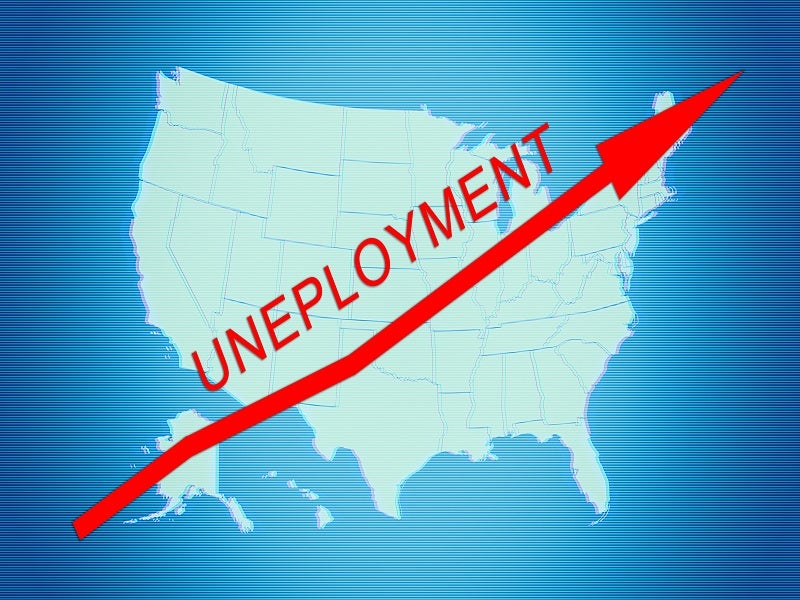The unemployment rate in the US is slowly falling but the country still has a long way to go before returning to pre-Covid-19 levels. The US government still needs to implement policies and supply-side measures to reduce unemployment rate, macroeconomic influencers share their views on the Covid -19 impact.
Daniel Lacalle
Daniel Lacalle, chief economist Tressis SV, shared an article on the need to bring unemployment rates to pre-Covid-19 levels quickly in the US to ensure economic recovery. He notes that the government should reduce cut red tape to increase job creation and avoid copying interventionist measures implemented in other countries.
Although unemployment rate fell to 10.2% in July, the rate of job creation is slow. Compared to the Eurozone, however, the US is better placed. Unemployed, furloughed and people receiving subsidised jobless schemes account for more than 23% of the labour force in the Eurozone, according to Morgan Stanley. In the US, unemployed, people staying home from work and others account for 16.5%.
The article noted that strong supply-side measures, tax incentives and policies to attract capital were required to bring unemployment rates to the levels before the pandemic.
The U.S. needs to separate itself from other governments’ policies, it must liberalize and cut red tape to boost job creation because the recovery is stalling. And copying failed interventionist measures will not bring employment back. @Hedgeye https://t.co/fd67Ne7jwo
— Daniel Lacalle (@dlacalle_IA) August 10, 2020
 GlobalData Strategic Intelligence
GlobalData Strategic IntelligenceUS Tariffs are shifting - will you react or anticipate?
Don’t let policy changes catch you off guard. Stay proactive with real-time data and expert analysis.
By GlobalData
Timothy McBride
Timothy McBride, Bernard Becker Professor at Washington University, shared an article on how one third of people in the US are unwilling to get vaccinated against Covid-19. Approximately 76% of surveyed people in the age group of 18 to 29 were willing to take the vaccine in addition to 70% of senior citizens aged above 65.
The high interest from senior citizens was majorly attributed to the risks that the disease posed to them. Further, the middle-aged group was the most reluctant to take the vaccine.
A Third Of Americans Unwilling To Get Covid-19 Vaccine [Infographic] https://t.co/07XBivRuOA
— Timothy McBride (@mcbridetd) August 10, 2020
Pedro da Costa
Pedro da Costa, Federal Reserve and economy correspondent at Market News International, shared an article on how the stimulus packages provided to oil and gas companies was a mistake. Providing relief to such companies that are leading to climate change poses risks to financial institutions and markets, the article notes.
The oil and gas industry was in a slump long before the crisis due to surplus supply and competition from alternative energy sources. By providing support to such companies, the Federal Reserve is bailing out creditors such as banks, hedge funds and equity firms. The emergency funds provided to such companies should rather be diverted to help protect public funds, the article added.
"Providing emergency support to oil and gas companies will extend their financial lives and enable them to continue to fuel the climate crisis, which is a clear threat to the stability of the financial system." https://t.co/IutEn0jd3h
— Pedro da Costa (@pdacosta) August 10, 2020
Alex von Witzleben
Alex von Witzleben, an economic historian, shared an article on how climate change concerns have dropped amid the pandemic. According to a survey in the article, more than third of the people considered climate change as being unimportant. Further, majority of the people surveyed responded that they would drive more than use public transport.
The pandemic, however, has brought some positive changes as more number of people move away from meat, which is one of the biggest sources of greenhouse gas emissions. Further, two thirds of the people noted that they recycled at home and will do so in the future.
https://twitter.com/AlexWitzleben/status/1292903540403339266




